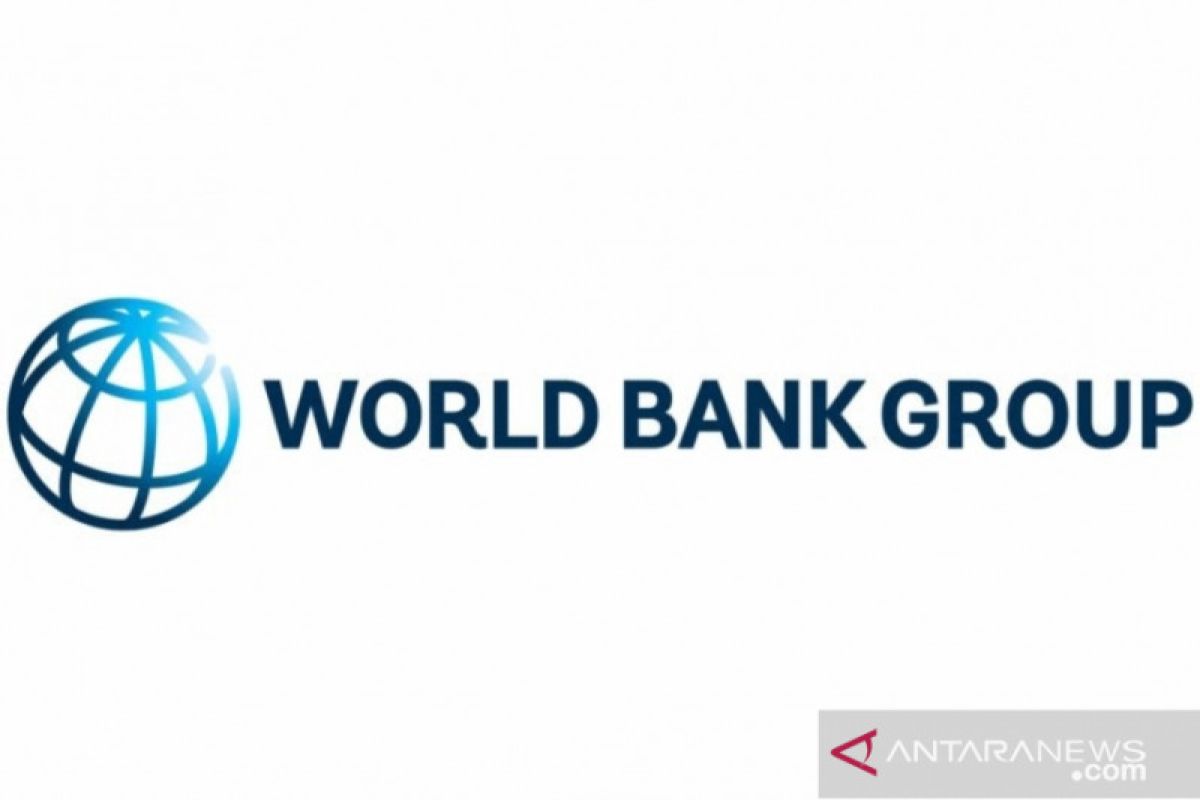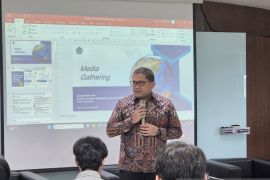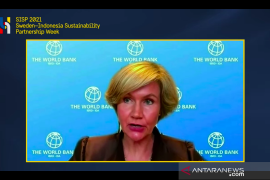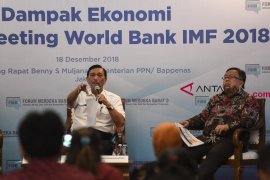"Indonesia's successful economic performance is largely thanks to the government's strong macroeconomic policy framework, which helps attract investment," World Bank Director for Indonesia and Timor-Leste Carolyn Turk stated in Jakarta, Monday.
In its latest report titled Indonesia Economic Prospect June 2024 edition, the World Bank stated that a prudent and consistent macroeconomic policy framework has become the basis for the success of Indonesia's economic performance, which is recognized by the market.
For instance, the credit default swap rate and the JP-Morgan Emerging Market Bond Index (EMBI) spread for Indonesia have continued to decline since the COVID-19 pandemic and are lower than in several comparable countries.
The credit rating agency has also maintained an investment grade rating for sovereign credit, including a stable outlook, so Indonesia succeeded in overcoming external shocks, attracting investment, and supporting growth.
"It is important to maintain macro policies that are prudent, credible, and transparent while creating fiscal space that allows priority spending on social protection as well as investing in human capital and infrastructure," Turk remarked.
Furthermore, the World Bank estimates that the Indonesian economy will grow resiliently at a stable pace in the coming years, driven by increased public spending, increased business investment, and stable consumer demand.
Indonesia's gross domestic product (GDP) growth is projected to reach an average of 5.1 percent per year from 2024 to 2026, despite facing rising obstacles from declining commodity prices, increasing volatility in food and energy prices, and growing geopolitical uncertainty.
Indonesia's GDP growth of 5.1 percent in the first quarter of 2024 remains strong and exceeds the average growth of middle-income countries.
Private consumption reached 57 percent of the GDP growth, reflecting consumer confidence supported by falling non-food product inflation, rising wages for civil servants, and good consumer service performance.
Public consumption strengthened again in the first quarter of 2024, driven by election and social spending.
This strengthening exceeded the negative contribution of net exports due to weak global demand and falling commodity prices that reduced export revenues.
Related news: World Bank positively responds to RI's success in land: Minister
Related news: Indonesia records 1.07 mln foreign tourist visits in April
Related news: Indonesia's improved tourism index can boost investment appeal: Uno
Translator: Martha Herlinawati Simanjuntak, Cindy Frishanti Oc
Editor: Azis Kurmala
Copyright © ANTARA 2024












